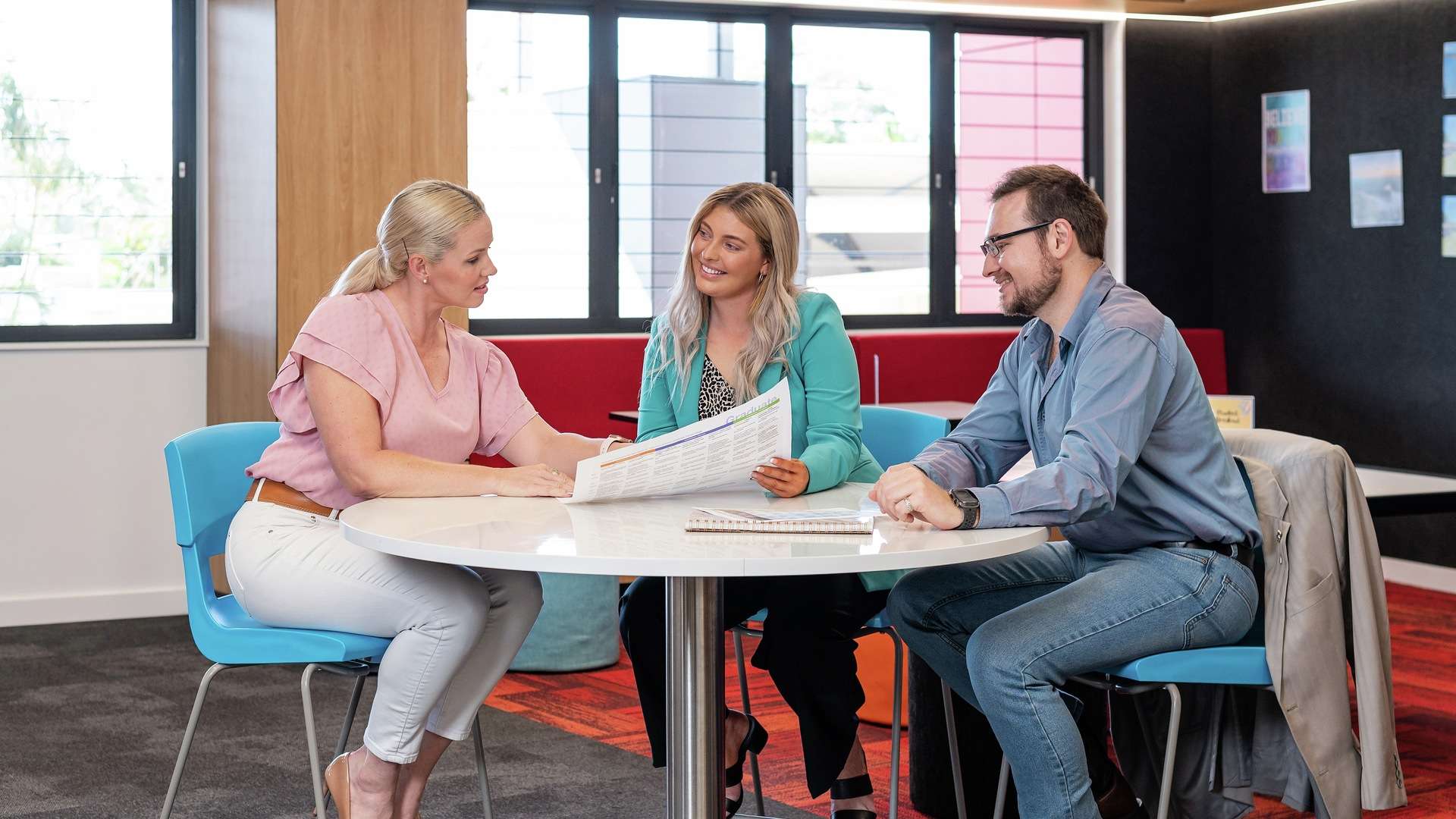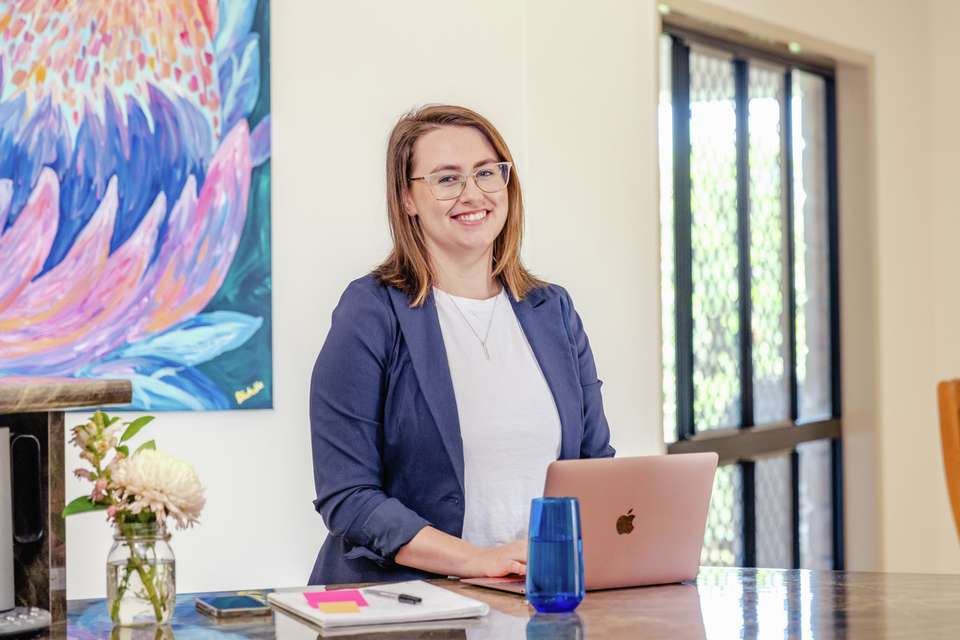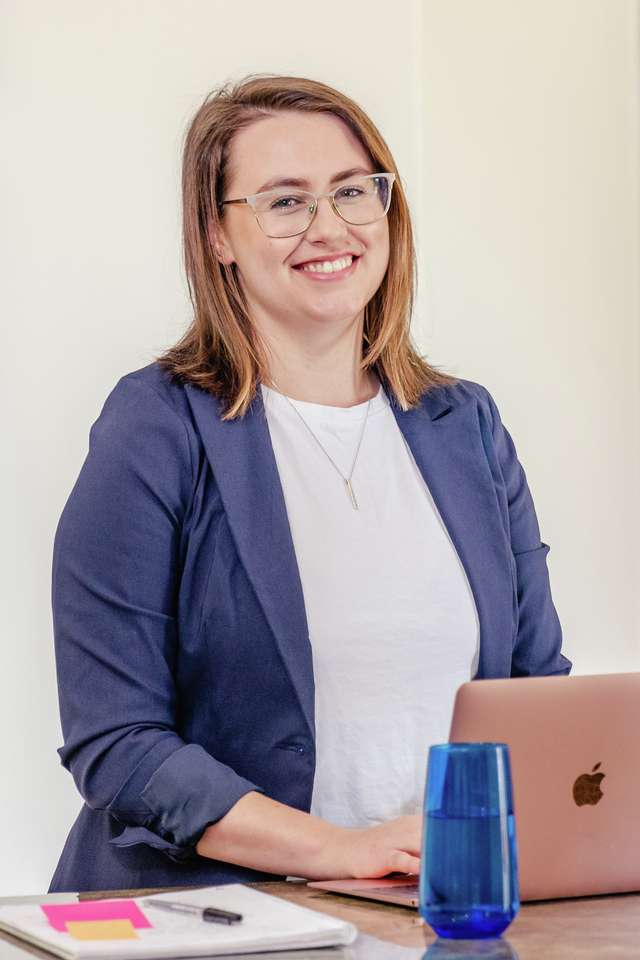
Learn about the different Counselling and Wellbeing Services offered at CQU.
To speak with a Counsellor, call +61 7 4930 9456, email counselling@cqu.edu.au, or use the Student Counselling Referral Form.
To speak with a crisis counsellor for mental health support outside of business hours contact the CQUni Out of Hours Student Support Line on 1300 226 987 or text 0480 097 747.
To find a helpline in your designated country, please visit the Find a Helpline website and enter the name of your country in the search field.
Our student counsellors offer free and confidential mental health support for all CQU students.
Our Counsellors can help with a range of personal and academic issues that include:
Call, email or self-refer to our free Counselling team.
Are you a current student? Visit the student portal MyCQU (login required) to learn more about our Counselling Service.
Our Student Wellbeing services provide support through events, programs, workshops, initiatives to help improve overall wellbeing of our students as they navigate studying at CQU.
For current students, our Calm Time Mindfulness sessions (MyCQU login required) provide a refreshing break from studies, reducing stress through mindful practices. These 30-minute sessions, each with a different theme, are held weekly.
For free wellbeing tip sheets, habit trackers, music mixes and more to support your wellbeing, visit MyCQU for resources.
Our Student Wellbeing team holds several events in collaboration with campuses for students including University Mental Health Day & R U Ok Day. Check MyCQU for current events and more information.
CQU offers social and emotional wellbeing counselling and services specific for our First Nations students.
Join our deadly staff and students for a weekly online yarn (via Zoom). No appointments necessary, just good vibes and good company. Details of sessions can be found in MyCQU (login required)
Underpinning the social and emotional wellbeing approach is the understanding of relationships between individuals, family, kin, and community, and a focus on connection to land, culture, spirituality, and ancestry.
Social and emotional wellbeing recognises the impact of colonisation and dispossession of culture for First Nations peoples.
More information about Social and Emotional Wellbeing can be found in the National Strategic Framework for Aboriginal and Torres Strait Islander Peoples’ Mental Health and Social and Emotional Wellbeing.
Learn how to assist Aboriginal and Torres Strait Islander adults who are developing a mental health problem, experiencing a worsening of an existing mental health problem or in a mental health crisis. Free training for students will be offered throughout the year. For expressions of interest please contact the Wellbeing Team via email to wellbeing@cqu.edu.au.
Our Mindwaves Connectors Program is a peer-to-peer student support program run by our Counselling and Wellbeing Services. It is designed to empower current students to provide Mental Health First Aid to their peers.
Our Student Wellbeing Mindwaves Connectors are all current students trained and accredited in Mental Health First Aid.
Student Wellbeing Mindwaves Connectors are responsible for:
Learn more about Student Wellbeing Mindwaves Connectors.
CQUni provides free and confidential help for all CQUniversity students living in Australia outside of university hours (Including weekends and public holidays).
A qualified crisis responder will answer the call or texts and can help in the following ways:
Call or text our free CQUni Out of Hours Student Support line (including weekends and public holidays).
Available:
CQUniversity is committed to providing all staff and students with a safe, supportive and respectful place to work and study. Physical, sexual or online violence, assault, harassment or bullying, against any individual or group will not be tolerated.
Our commitment to personal safety and well-being means we are proud to support the National Student Safety Survey (NSSS) This campaign highlights the determination of Australia's universities to ensure that our students and staff are safe from violence, sexual assault and sexual harassment.
If you or someone you know has been impacted by sexual violence, student counsellors are available to assist you.
To make an appointment or find our further information use the Student Counselling Referral Form.
CQU is dedicated to creating a safe and supportive atmosphere for all students with a zero-tolerance approach to bullying and discrimination. As part of this, we have the CQU Ally Program, which aims to promote acceptance and understanding for the LGBTIQ+ community (lesbian, gay, bisexual, transgender, intersex, queer/questioning and others). The Ally program is for ALL students, whether you identify as LGBTIQ+ or not.
There is an Ally Network on Moodle (your student learning portal - MyCQU) as a connection point for any student who would like to be involved, with resources, links, and forums. It is a place for students to access support and get in contact with an Ally.
This is also the place where students who want to become trained as Allies can do so.
We join many other universities around Australia in having an Ally Program and making CQUniversity a welcoming place for all.
An Ally is simply any person who is informed about, is sensitive toward and has an understanding of Gay, Lesbian, Bisexual, Transgender, and Intersex (LGBTIQ) people and their issues. An Ally supports the experience and rights of LGBTIQ persons and encourages tolerance in a variety of ways, including by individual example and personal awareness. Allies are not identified as being either heterosexual or LGBTIQ but are representative of the entire CQUniversity community.
An Ally is someone who can guide students to resources and support staff, inform students about CQUniversity policies and procedures, listen to students' concerns, reassure students, and discuss ways of dealing with issues that arise. It is not counselling, and you are not expected to be an expert in LGBTIQ issues. Students will not be allocated to Allies, but may be referred to the program by staff or academics. Allies will also pro-actively combat homophobia, either in conversations or by referring the matter to Student Support Centre staff.
You can find out more about the Ally Program at CQU via your student portal, MyCQU.
CQUniversity Multi-faith Chaplaincy is an inclusive and welcoming space where students, staff and our wider communities are invited to explore through thoughtful reflection, worship and spiritual practices issues and values of importance to individuals, the University organisation, and wider communities.
CQU is committed to developing and implementing a mental health strategy that promotes student and staff mental health and wellbeing and provides a positive educational and workplace experience via a healthy, resilient, inclusive, compassionate and connected University community.
Student Counselling is supported by funds from the Student Services and Amenities Fee (SSAF). All SSAF funds are used to enhance or extend student services and facilities in accordance with funding guidelines. Find out more about SSAF funding allocation.
MyCQU is your customised student portal and the best source for all the information and support services you’ll need while you're a student at CQU.


CQUniversity Australia is a trading name of Central Queensland University
ABN: 39 181 103 288
RTO Code: 40939
CRICOS: 00219C
TEQSA: PRV12073